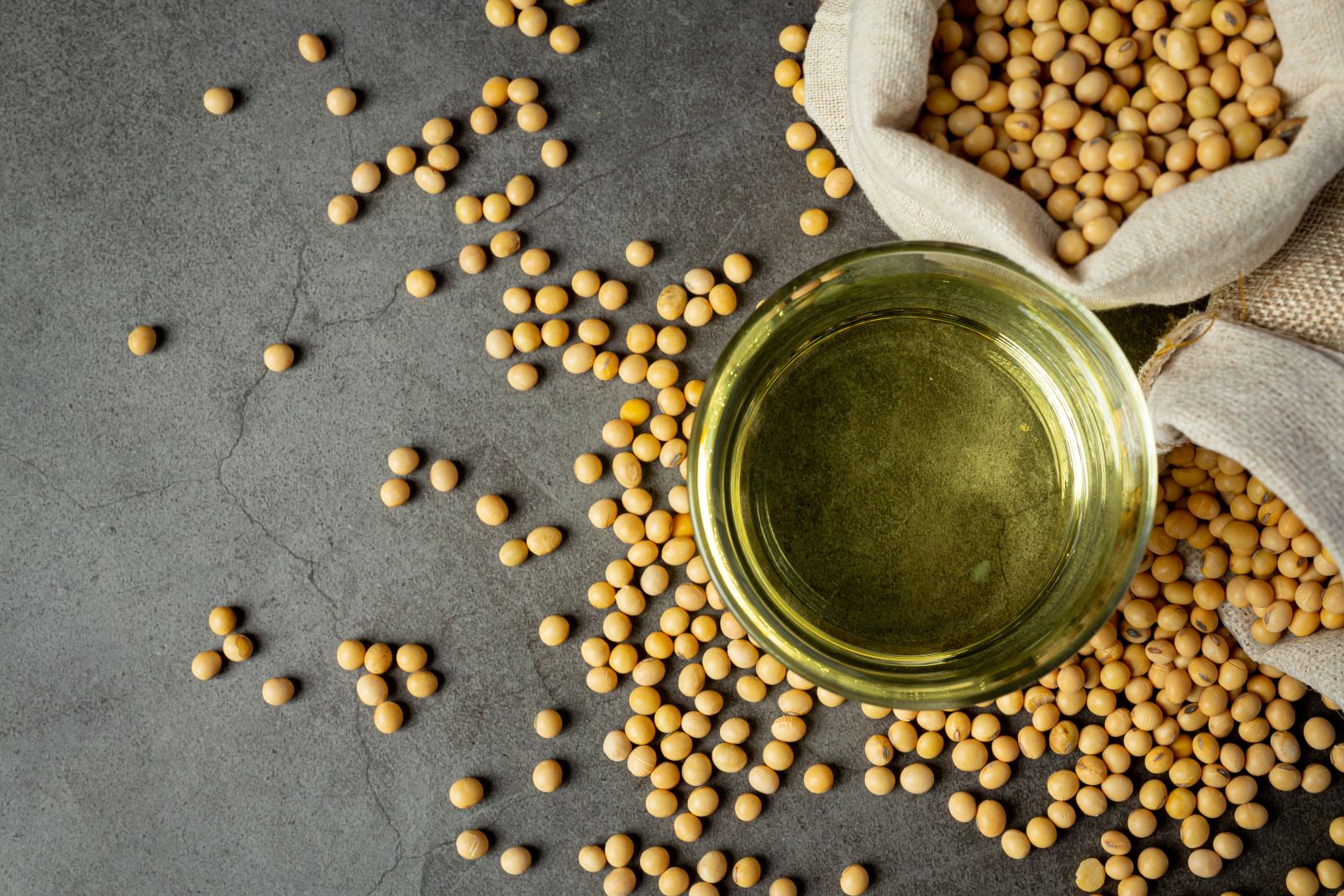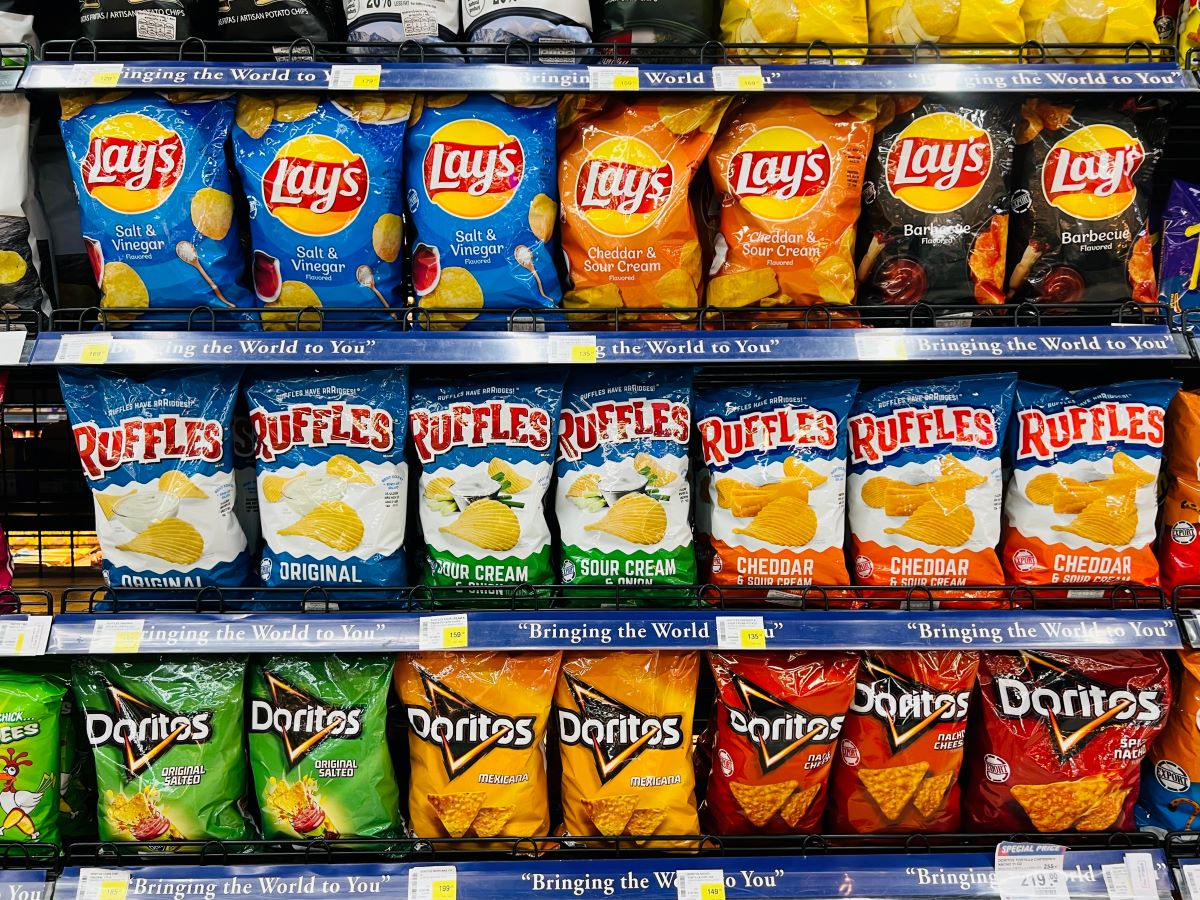The food industry has a massive influence on what ends up on our plates, but not all promoted foods are as healthy as they seem. Here are 16 foods that Big Ag continues to push, despite the known health risks associated with them.
Processed Meats

Processed meats like bacon and sausages are heavily promoted, but they’re linked to increased risks of cancer and heart disease, raising concerns about their widespread consumption.
Sugary Cereals

Big Ag markets sugary cereals as a convenient breakfast option, yet they’re packed with sugar, contributing to rising obesity and diabetes rates in America.
Refined Grains

Foods made from refined grains, like white bread and pasta, are still heavily marketed despite their lack of nutritional value and association with weight gain.
High-Fructose Corn Syrup

Widely used in soft drinks and snacks, high-fructose corn syrup is a cheap sweetener linked to obesity, diabetes, and other metabolic disorders.
Soybean Oil

Soybean oil is a common ingredient in processed foods, but its high omega-6 fatty acid content is associated with inflammation and heart disease.
Artificial Trans Fats

Despite regulations, trans fats still appear in some foods, posing serious health risks like increased LDL cholesterol and heart disease.
Processed Cheese

Processed cheese is promoted as a convenient snack, but it’s loaded with sodium, unhealthy fats, and additives that can negatively impact health.
Farmed Salmon

Farmed salmon is often touted as healthy, but it may contain higher levels of contaminants like PCBs compared to wild-caught salmon.
Non-Organic Produce

Non-organic fruits and vegetables are cheaper but often contain pesticide residues that can have long-term health impacts.
Corn-Fed Beef

Big Ag promotes corn-fed beef for its efficiency, but it’s higher in unhealthy fats compared to grass-fed beef and raises concerns about antibiotic use.
Fast Food

Fast food is aggressively marketed, especially to children, but its high calorie, sugar, and fat content contribute to the obesity epidemic.
Dairy Products

Dairy is widely marketed as essential for health, yet many people experience lactose intolerance, and there are concerns about the impact of hormones and antibiotics used in dairy farming.
Canned Soups

Canned soups are convenient, but they often contain high levels of sodium and preservatives that can negatively affect heart health.
Instant Noodles

Instant noodles are marketed for their convenience, but they’re low in nutrients and high in sodium, which can contribute to health issues like high blood pressure.
Energy Drinks

Energy drinks are pushed as a quick energy boost, but they’re loaded with sugar and caffeine, which can lead to heart issues and other health problems.
Granola Bars

Granola bars are often marketed as a healthy snack, but many are high in added sugars and lack the nutrients needed for a truly healthy option.
GMO Crops

GMO crops are heavily promoted by Big Ag, but they remain controversial due to concerns about their impact on health and the environment.
Downplaying the Risk

Each of these foods is a staple in many American diets, yet they come with health risks that are often downplayed or ignored. It’s crucial to be informed about what you’re eating and to make choices that align with your health goals.
Featured Image Credit: Shutterstock / kyozstorage_stock.
For transparency, this content was partly developed with AI assistance and carefully curated by an experienced editor to be informative and ensure accuracy.





